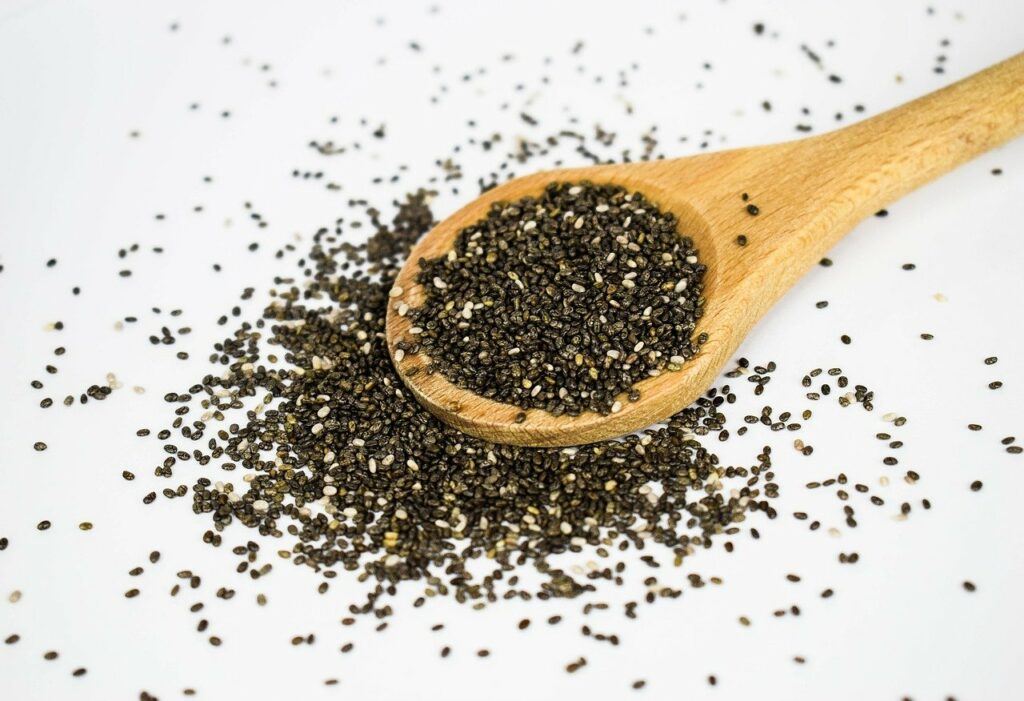Ah the joy of becoming a new mother! For some women, it’s simply a dream come true. For others, it is an emotional nightmare. Postpartum depression can rear it’s ugly head and take away from the best time in a parents life. The good new is that natural treatment for postpartum depression is incredibly effective and safe for mom and baby!
Recently, my own daughter gave birth to my first grandchild. The immense joy that a mother experiences was over shadowed, by feelings of sadness and insecurity. That can lead a mother to feeling guilty for not feeling motivated and joyful. Which in turn, makes the transition to motherhood difficult, for some.
I couldn’t sit and watch my daughter suffer in such a way. I made it my business to find an immediate solution that would work quickly, yet safely. I gladly share this, my very own treatment regimen for postpartum depression.

Treating The Root Cause
If you google natural remedies for postpartum depression, you will see St. John’s Wort repeatedly. While I am a believer in the power of herbs, I am also a believe in treating disorders at their source.
St. John’s Wort may help with symptoms of depression, but what really causes a woman’s emotional state to change so drastically? A change in hormones of course, is expected. However, a lesser known culprit believed to be responsible for postpartum depression, is a plummet in the levels of Omega 3 fatty acids in the brain, after childbirth.
Hormonal Balance
There’s no way to anticipate how a woman will respond to the hormonal changes that occur after delivering a child. The change may be hardly noticeable, or it may make you feel like you are losing your mind.
Getting your body back into it’s former working order is something that will happen gradually over time. Using a little “boost” to jumpstart those changes can be done surprisingly safely. My personal choice for my own daughter, Maca Root.
Maca root is well known for it’s ability to bring hormonal balance. It is regarded, not only, as safe for nursing mothers, but also, may aid in milk production as well.
Taking a 500 mg dose of maca root, morning and night, is all it takes to get moms back on track.
Replenish Omega 3’s
Replenishing Omega 3’s can be done in several ways. You can opt for an Omega 3 Fish Oil supplement, simply eat foods rich in Omega 3’s or do both!
For some the idea of ingesting fish oil, even in a capsule, is nauseating (as was the case for my daughter). We chose to eat foods jam packed with Omega 3 fatty acids instead. For instance chia seeds, salmon, mackerel, flax seeds, walnuts, and soy beans (edamame).
At the heart of this quest for Omega 3’s was Chia Seeds! Chia seeds are versatile, and have virtually no taste so they are suitable for both sweet and savory cuisine. They merely add a pleasant little crunch to dishes.
They also are high in fiber which makes your feel fuller for longer after meals, and aid in keeping the digestive tract running smoothly. That adds up to preventing constipation, and aiding in post baby weight loss.
Try sprinkling Chia seeds in yogurt, adding them to dressings, stirring them into sauces, and blending them into smoothies. We added Chia to every snack and meal.
Surprisingly Fast Recovery
I’m a realist, so my expectations for a noticeable difference were about 10-14 days. I’m happy to report that I was WAY off in my estimate.
Within 2 days, the constant crying had stopped. My daughter was up and back to her usual happy go lucky self within a week of beginning this treatment of maca root, chia seeds and fish!
Even after seeing improvement, we continued this regimen for a solid month. There was no back sliding into post partum depression after stopping treatment either. Mind you, my daughter is young and in very good health, longer treatment may be needed according to how your own body responds.
Simple, Inexpensive, and Effective
A month supply of both chia seeds and maca root cost me under $30 dollars. We didn’t have to dose her with antidepressants, that can compromise the milk supply. And within 2 days I saw the improvement in my daughter.
You must always consult with a medical professional and consider allergies when taking on any kind of treatment. So be sure to discuss with your doctor, nurse, or pharmacist especially if you are taking any daily medications.
Most of all, I want you to remember to be patient, kind, and forgiving to yourself and/or loved ones if postpartum depression is something that you are struggling with. Let go of any guilt that you may be experiencing. Postpartum is very real, very serious, and very painful.
My heart is with you! Know that you are not alone, and that you will soon feel like the wonderful mother that you are!
And as always! Happy Healing!


